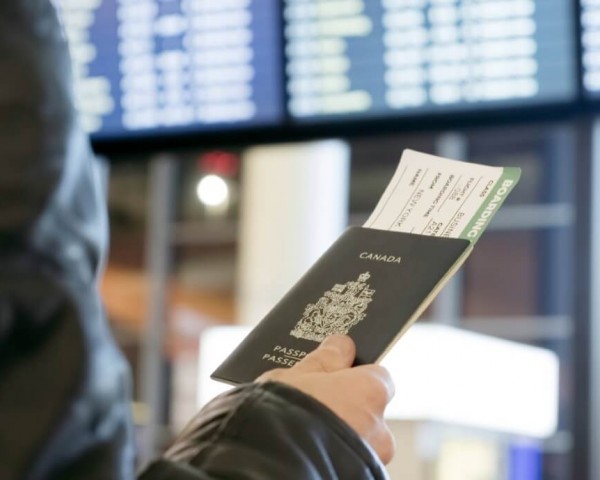Santorini and Milos Banned from 2025 Seaplane Network Over Safety Concerns
Greece’s ambitious plan for a nationwide seaplane network set for Summer 2025 has encountered a significant obstacle: the iconic islands of Santorini and Milos have been officially excluded from operations. This decision stems from escalating safety disputes and mounting marine traffic concerns raised by local port authorities on these two high-demand tourist hotspots. Despite this setback, Hellenic Seaplanes is pressing forward with its revolutionary initiative to transform domestic travel across numerous other Greek destinations, although the exclusion of Santorini and Milos marks a considerable challenge to Greece’s bold tourism expansion strategy.
The port authorities of Santorini and Milos have explicitly denied operational approval for Hellenic Seaplanes, citing multiple safety risks. Their primary objections focus on the challenges of establishing water runways amidst busy marine traffic and the unique topographical features of these popular harbors. Consequently, both islands, which attract millions of visitors annually, have been removed from Hellenic Seaplanes’ expanding operational map. Industry observers lament this as a \"missed opportunity\" for the local tourism sectors, as seaplane services were anticipated to offer a faster, more flexible travel alternative to crowded ferries and limited air options.
Notwithstanding the exclusion of these key islands, Hellenic Seaplanes remains resolute in its commitment to its broader vision. The company has confirmed it will proceed with the official launch of its seaplane network in the summer of 2025, aiming to enhance regional connectivity by integrating air and sea transportation to connect Greece’s many islands and mainland cities. Hellenic Seaplanes' leadership, while viewing the situation as unfortunate, is determined to work with local authorities for potential future inclusion while executing the national rollout. \"We are determined to introduce this new era of mobility, which will ultimately benefit residents, tourists, and the Greek economy as a whole,\" the company stated.
The initial phase of Hellenic Seaplanes’ operational strategy is already complete, with the launch of its online booking platform allowing passengers to reserve seats for upcoming routes. Flight schedules are designed to serve a variety of destinations, particularly those currently underserved or difficult to access. Key hubs for the 2025 network include Athens, Skyros, and Ioannina, providing connections to islands and coastal cities such as Patmos, Tinos, Chios, Paxos, Corfu, Volos, and Amphilochia. By focusing on these locations, the airline aims to foster new opportunities for tourism, economic activity, and cultural exchange.
To ensure safe and efficient operations, Hellenic Seaplanes will operate a modern fleet of amphibious aircraft capable of using both water landing sites and conventional runways. The company has invested in certified water aerodromes and secured agreements with multiple coastal cities. These aircraft are specifically engineered for short takeoff and landing (STOL) on water and are equipped with cutting-edge navigation, safety systems, and emergency response capabilities, aiming to provide year-round service and peace of mind for passengers.
In an effort to address the concerns raised and potentially reverse the exclusion, Hellenic Seaplanes has offered to conduct fully funded demonstration flights in Santorini and Milos. These test flights would allow local officials to directly observe operational procedures, safety protocols, and aircraft performance. While these offers have not yet changed the decisions, Hellenic Seaplanes is optimistic that ongoing dialogue and transparency might eventually allow for the inclusion of Santorini and Milos in future expansion phases.
The introduction of Greece’s first national seaplane network signifies a growing demand for innovation within the country's tourism and transportation sectors. As Greece continues to attract record tourist numbers, solutions that reduce travel times, alleviate congestion, and improve accessibility to lesser-known destinations are increasingly crucial. Hellenic Seaplanes believes its hybrid air-sea model can become a vital component of Greek tourism's future, offering unique travel experiences and stimulating local economies, even as the broader rollout proceeds without some key initial destinations.












